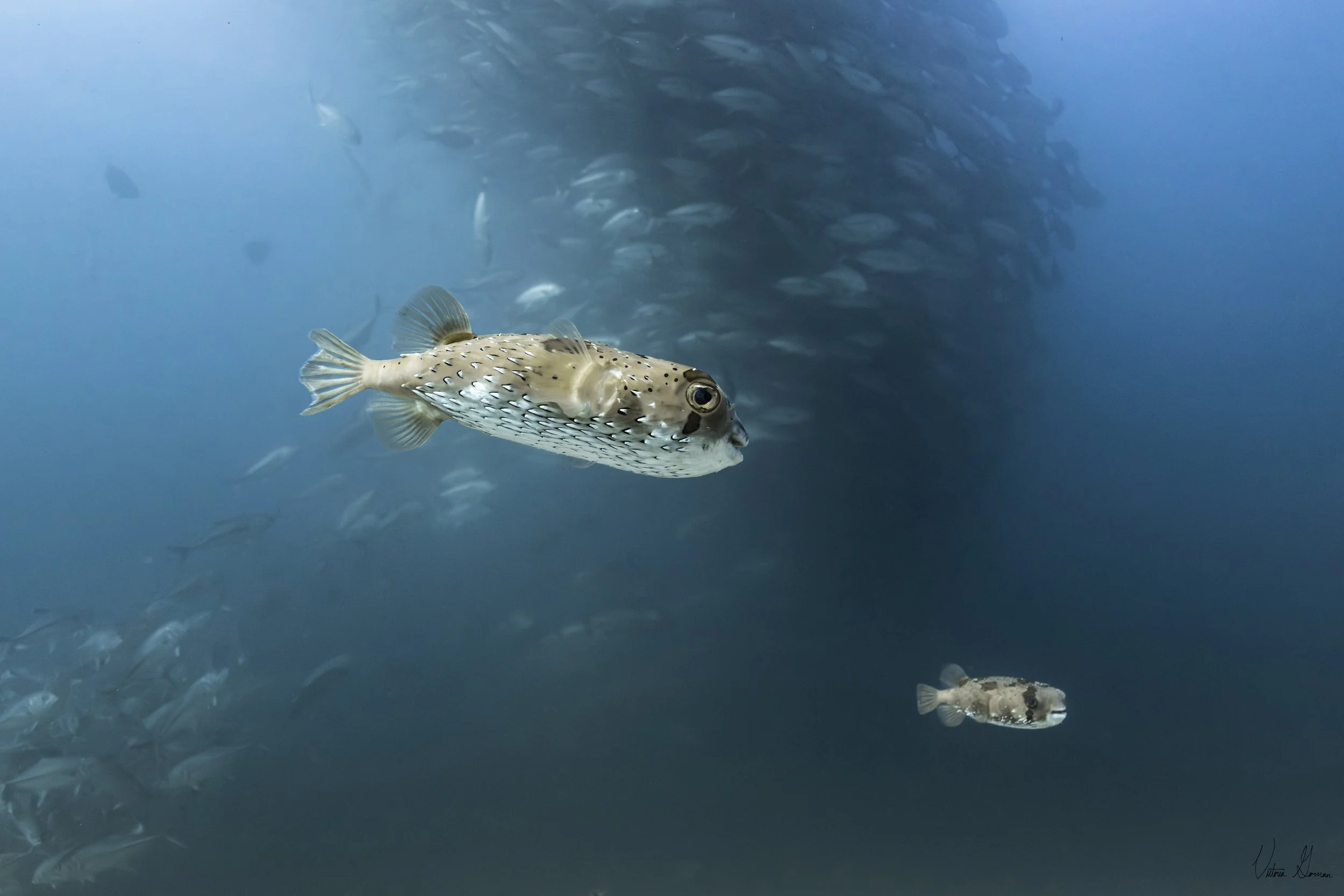The Science of Nature Imagery: How My Photography Supports Your Well-Being
Nature photography isn’t just about capturing beauty—it’s a powerful tool for healing and connection. Scientific research has consistently shown that simply viewing images of nature can positively influence your mood, reduce stress, improve cognitive performance, and even promote changes in brain activity. My goal as a photographer is to bring those benefits into your daily life through meaningful, immersive visuals of the natural world.
Mood-Boosting Effects
When you look at photographs of nature, your brain responds—literally. Research using functional near-infrared spectroscopy (fNIRS) found that viewing images of natural scenes significantly reduced activity in the orbitofrontal cortex, a part of the brain involved in processing emotions and stress (Yamashita et al., 2021). This reduction in brain activity is linked to increased feelings of relaxation, comfort, and emotional ease.
Even participants struggling with anxiety and depression experienced noticeable improvements in mood after viewing nature images. This suggests that photographs like the ones I create can offer emotional relief, helping to shift the brain toward a calmer and more positive state—especially important in today’s fast-paced, overstimulating world.
Mental Restoration and Focus
Modern life demands constant attention, leaving many of us mentally drained. Viewing nature photography has been shown to replenish cognitive resources like attention and working memory. According to Menzel & Reese (2021), this effect is especially strong when viewers deeply engage with the image—noticing patterns, textures, light, and emotional resonance. In other words, thoughtfully composed nature imagery can give your brain a much-needed reset.
This restoration process has real-world benefits: better concentration, clearer thinking, and reduced mental fatigue. It’s why so many people report feeling mentally refreshed or inspired after spending time with nature-themed visuals—even if they never leave their home or office.
Mizumoto el al (2024)
A Sense of Belonging and Connection
One of the most profound impacts of nature photography is its ability to remind us that we are part of something bigger. Studies show that viewing images of wild landscapes and animals can evoke a sense of awe—a powerful emotion that helps people feel more connected to the world around them (Schauer et al., 2016; Davis, 2015).
This feeling of interconnectedness can lead to greater empathy, less self-focus, and a stronger sense of purpose. It encourages us to care—for the planet, for others, and for ourselves. My photography is intentionally created to inspire that sense of wonder and belonging, allowing viewers to feel not just like observers of nature, but a part of it.
Gamble et al (2014)
Changes in Brain & Cellular Activity
What’s happening behind the scenes when we view nature goes deeper than mood. Research has shown that visual exposure to natural environments can alter oxygenated hemoglobin levels in the brain—especially in areas linked to emotional processing and regulation (Mizumoto et al., 2024). These changes are associated with improved mood, especially in people dealing with depression or anxiety.
This means that when you view a calming ocean scene, a misty forest, or wildlife in its natural habitat, your brain is actively responding in ways that support emotional balance and resilience. These physiological effects give scientific weight to what many people intuitively feel: nature helps us heal.
Monroy, M., & Keltner, D. (2023)
Bringing the Benefits of Nature to You
My goal is to create artwork that does more than decorate a space—it transforms it. Whether it’s a calming field scene in your living room or a vibrant underwater image in your workspace, nature imagery can serve as a daily reminder to slow down, breathe deeply, and reconnect.
Through science and soul, the evidence is clear: nature has the power to heal, even through a lens. My photography brings that healing into your life—one image at a time.
Want to learn more?
Sources:
Gamble, K. R., Howard, J. H., Jr, & Howard, D. V. (2014). Not just scenery: viewing nature pictures improves executive attention in older adults. Experimental aging research, 40(5), 513–530. https://doi.org/10.1080/0361073X.2014.956618
Menzel, C., & Reese, G. (2021). Seeing nature from low to high levels: Mechanisms underlying the restorative effects of viewing nature images. PsyArXiv. https://doi.org/10.31234/OSF.IO/E32VB
Mizumoto, T., Ikei, H., Hagiwara, K., Matsubara, T., Higuchi, F., Kobayashi, M., Yamashina, T., Sasaki, J., Yamada, N., Higuchi, N., Haraga, K., Kirihara, F., Okabe, E., Asai, K., Hirotsu, M., Chen, C., Miyazaki, Y., & Nakagawa, S. (2024). Mood and physiological effects of visual stimulation with images of the natural environment in individuals with depressive and anxiety disorders. Journal of Affective Disorders, 356, 257–266. https://doi.org/10.1016/j.jad.2024.04.025
Monroy, M., & Keltner, D. (2023). Awe as a Pathway to Mental and Physical Health. Perspectives on psychological science : a journal of the Association for Psychological Science, 18(2), 309–320. https://doi.org/10.1177/17456916221094856
Mizumoto, T., Ikei, H., Hagiwara, K., Matsubara, T., Higuchi, F., Kobayashi, M., Yamashina, T., Sasaki, J., Yamada, N., Higuchi, N., Haraga, K., Kirihara, F., Okabe, E., Asai, K., Hirotsu, M., Chen, C., Miyazaki, Y., & Nakagawa, S. (2024). Mood and physiological effects of visual stimulation with images of the natural environment in individuals with depressive and anxiety disorders. Journal of Affective Disorders. https://doi.org/10.1016/j.jad.2024.04.025
Schauer, B., Koch, K., Lemieux, L., & Willey, K. (2016). How immersion in nature impacts the human spirit: A phenomenological study (Master’s thesis, St. Catherine University). SOPHIA. https://sophia.stkate.edu/cgi/viewcontent.cgi?article=1007&context=ma_hhs
Yamashita, R., Chen, C., Matsubara, T., Hagiwara, K., Inamura, M., Aga, K., Hirotsu, M., Seki, T., Takao, A., Nakagawa, E., Kobayashi, A., Fujii, Y., Hirata, K., Ikei, H., Miyazaki, Y., & Nakagawa, S. (2021). The mood-improving effect of viewing images of nature and its neural substrate. International Journal of Environmental Research and Public Health, 18(10), 5500. https://doi.org/10.3390/ijerph18105500
Xie, R., Qiu, C., & Qiu, G. (2024). Finding beautiful and happy images for mental health and well-being applications. arXiv. https://doi.org/10.48550/arxiv.2404.18109





